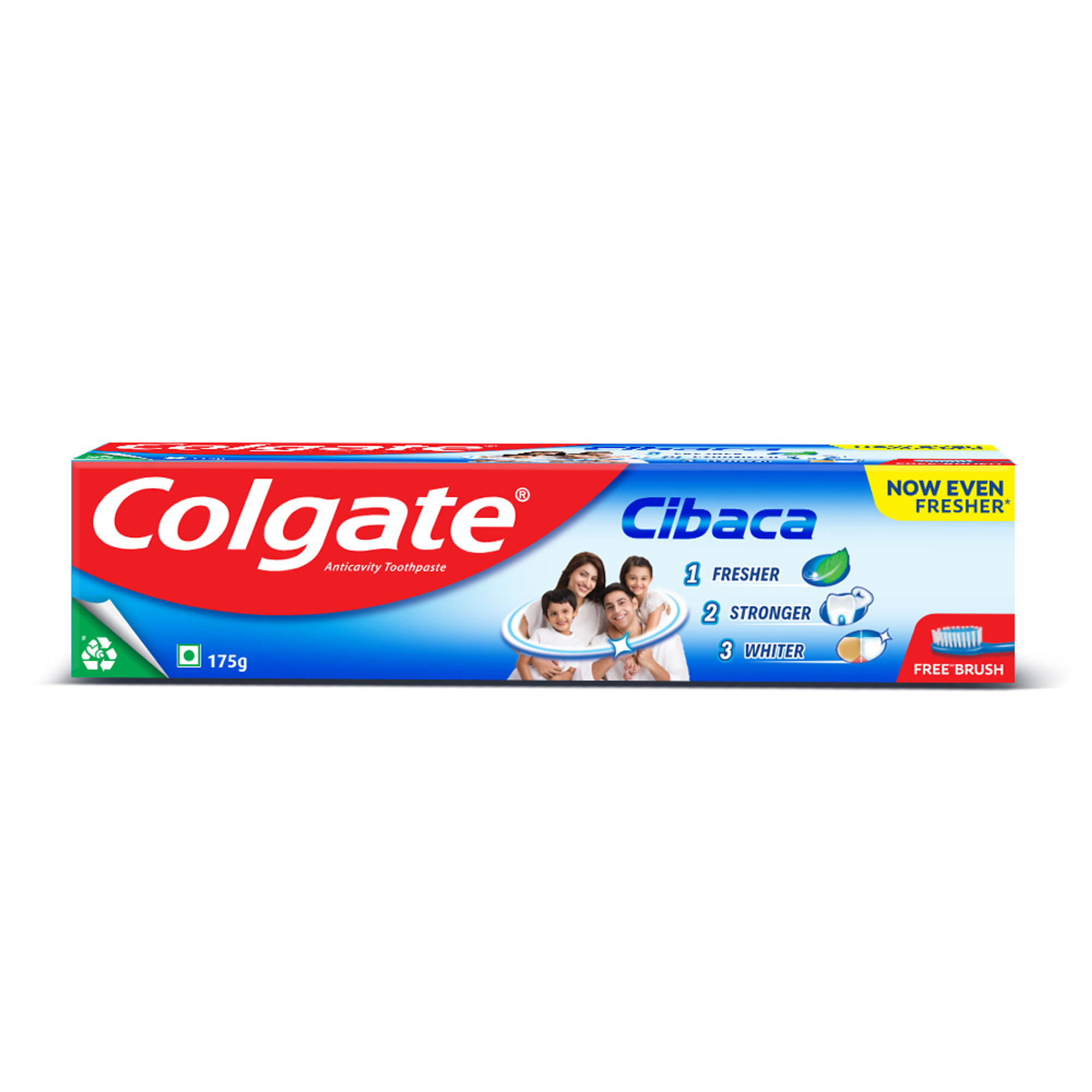-
-

TEETH WHITENING
What Is Stannous Fluoride Toothpaste?Stannous fluoride toothpaste helps prevent cavities, reduce sensitivity, fight plaque, and support daily gum and enamel health.

Selecting Dental Products
Best Toothpaste in India: Five Dentist-Recommended TypesToothpastes today are formulated to meet your every dental need and come in many flavours. Have your dental professional suggest the best toothpaste in India.
-
Science & Innovation
- ORAL HEALTH CHECK
- PRODUCT MATCH
- Colgate® | Toothpaste, Toothbrushes & Oral Care Resources
- Oral Health
- Developmental Disabilities
- Oral Care For Patients With Disabilities


Approximately 52 million Americans suffer from some type of developmental disability, including autism, cerebral palsy, mental retardation, spinal cord injury, visual and hearing impairments, muscular dystrophy, depression and seizures. An additional 25 million Americans have severe physical impairments. Many patients with disabilities receive dental treatment from experienced providers in hospitals, state-operated facilities and nursing homes. Others may opt for care from private practitioners in their communities.
The Dental Office
If you or someone you care for has a disability, clear, open communication with your dental care provider is especially important. When you make an appointment, be sure to discuss the patient’s particular needs with the dentist and staff. Before visiting the dentist’s office, the patient’s caregiver and the dental team should determine the following:
- Will treatment occur in the dental office or as an outpatient experience in a hospital or dental clinic
- Does the patient require pre-medication? If yes, the dentist should consult with the caregiver and the patient’s physician prior to the patient’s visit to the office.
- Does the patient require special accommodation at the dental office in order to receive treatment? For example, a patient in a wheelchair may need to be transferred to the dental chair. Or, the position of the dental chair may need to be adjusted for the patient’s comfort.
- What is the purpose of the dental visit? What specific procedures will be performed: an oral examination or professional cleaning, a filling replacement or placed or a tooth extraction? Knowing what to expect will make for an easier visit.
If treatment is provided in the practice, the appointment length and time of day should be convenient to the person’s disability. An assistant or the patient’s caregiver should be available to calm the patient, to help manage the patient during the procedure, and to provide assistance so the appointment moves quickly and smoothly. Communication, positive reinforcement and a caring touch will be needed during the appointment.
During the visit, the caregiver should also ask about proper oral hygiene for the patient at home. The dentist or hygienist should offer instruction for properly cleaning and removing plaque and food debris in the patient’s mouth. Twice each day, a fluoride toothpaste formulated with an antibacterial ingredient should be used to keep plaque under control and to help prevent gingivitis. Depending on the patient’s dental needs, the dentist may also recommend using an antimicrobial mouthwash or fluoride mouth rinse.
© Copyright 2010 Colgate-Palmolive Company
11/15/2010
This article is intended to promote understanding of and knowledge about general oral health topics. It is not intended to be a substitute for professional advice, diagnosis or treatment. Always seek the advice of your dentist or other qualified healthcare provider with any questions you may have regarding a medical condition or treatment.
ORAL HEALTH QUIZ
What's behind your smile?
Take our Oral Health assessment to get the most from your oral care routine
2.3 billion
people worldwide suffer from tooth decay
ORAL HEALTH QUIZ
What's behind your smile?
Take our Oral Health assessment to get the most from your oral care routine
2.3 billion
people worldwide suffer from tooth decay
Related Products

Helping dental professionals
More professionals across the world trust Colgate. Find resources, products, and information to give your patients a healthier future










